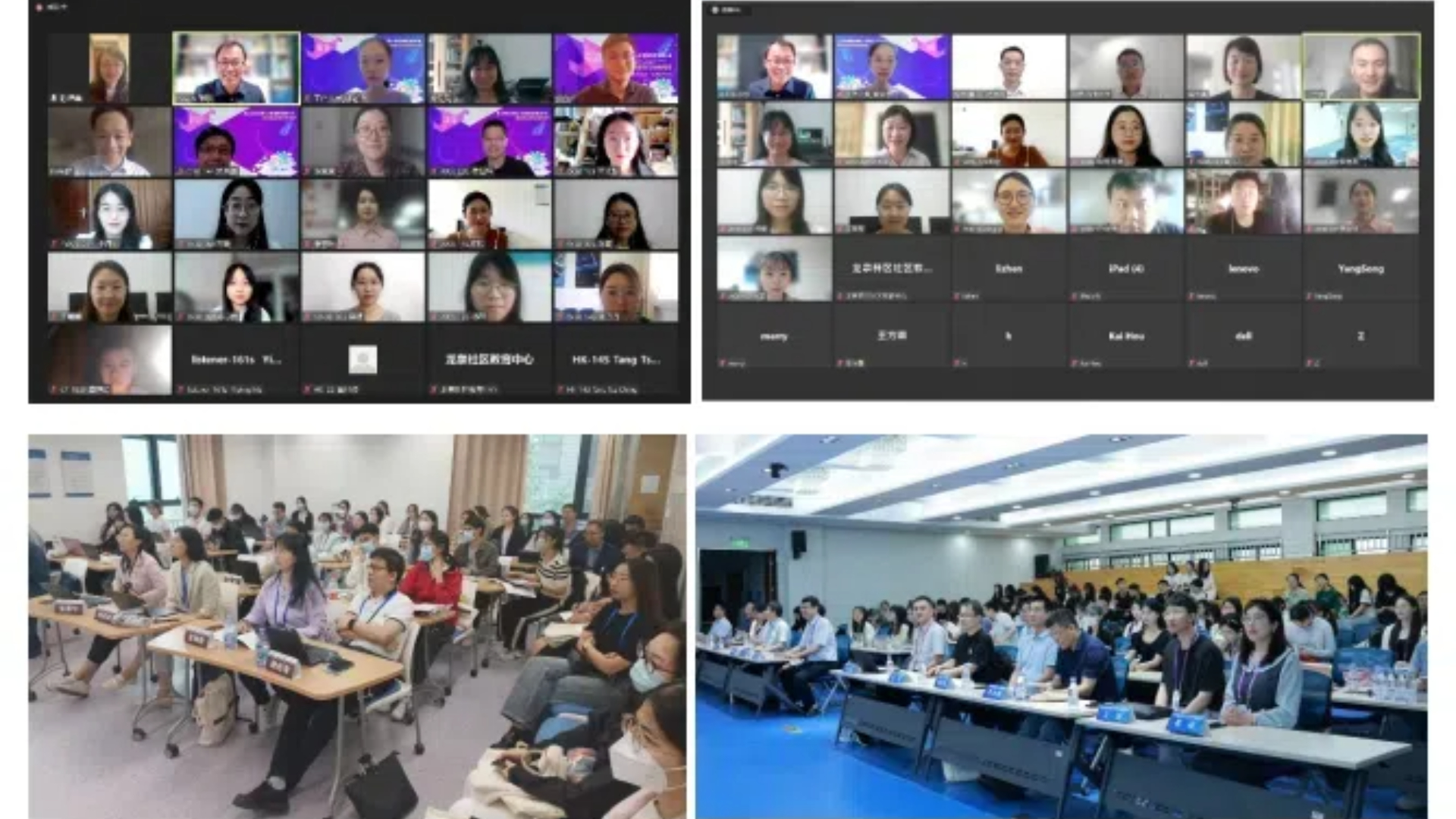1. Workshop Overview
Learning engagement is both a variable that can be shaped by the environment and a powerful predictor of students' interest, academic performance, and retention rates. Over the past two decades, academic interest in learning engagement has been growing, forming a stable and productive research field. Classical learning analytics often focus on learners' process-based behaviors and performance in e-learning environments, with common methods for measuring engagement involving the modeling of learning behaviors. In scenarios where technology and education are deeply integrated, learning systems generate rich log data that encompass learners’ click behaviors, interactive behaviors, feedback responses, and more. Therefore, behavior modeling and interaction analysis have become research hotspots in the field of learning analytics.
We hope this workshop fosters deep exchanges, professional discussions, and collaborative intentions, sparking innovative thinking and concrete outcomes in the field of data-driven teaching.

2. Workshop Members
Organizers Zhang Qi, Center for Engineering Research on Digital Learning and Educational Public Service, Ministry of Education
Ma Zhiqiang, Jiangnan University
Workshop Chairs

Tong Mingwen, Deputy Dean, Faculty of Artificial Intelligence in Education, Central China Normal University; Professor; Doctoral Supervisor.

Chen Zhenzhen, Professor, Ph.D. from Peking University, Deputy Director of the National Demonstration Center for Language Teaching at Beijing University of Posts and Telecommunications. Areas of research include intelligent language education, mobile learning, second language writing, translation, and international communication. Published over 20 papers in journals like CSSCI and SSCI, hosted several national and provincial projects, and won numerous teaching awards.

Liang Yunzhen, Associate Professor, Doctoral Supervisor, Henan Normal University. She specializes in education informatization, STEAM education, and interdisciplinary learning. She has led over 10 national and provincial projects and published over 30 papers in SSCI and CSSCI journals, earning over 20 awards.
Co-Chairs

Zhu Yonghai, Professor, Vice Dean of the Institute of Artificial Intelligence Education, Capital Normal University.
Invited Speakers/span>
Hu Hang (Southwest University)
Wei Yantao (Central China Normal University)
Long Taotao (Central China Normal University)
Liu Yong (Beijing University of Posts and Telecommunications)
Wang Tao (Central China Normal University)
Workshop HostLong Taotao (Central China Normal University)
Invited Experts (alphabetical order)
1.Bai Hongquan (Nanjing Normal University)
2.Cui Meng (Guangzhou Second Normal College)
3.Cai Rongxiao (No. 9 High School in Qingdao, Shandong Province)
4.Du Yuxia (Guangzhou University)
5.Jiang Bo (East China Normal University)
6.Hu Hang (Southwest University)
7.Long Taotao (Central China Normal University)
8.Liu Yong (Beijing University of Posts and Telecommunications)
9.Wei Yantao (Central China Normal University)
10.Wang Tao (Central China Normal University)
11.Yao Huang (Central China Normal University)
12.Zhang Muhua (Capital Normal University)
3. Topics and Paper Format (Papers in both English and Chinese are accepted)
Topics include but are not limited to:
1)Methods and strategies for data-driven education
2)Definitions, frameworks, and assessments of learning engagement (behavioral, cognitive, emotional)
3)Modeling and evaluating online collaborative learning
4)Learning behavior modeling in intelligent tutoring systems, online learning platforms, and gamified learning environments
5)The relationship between online learning behavior and knowledge construction
6)Learning prediction and learner profiling using process-based learning data
We also welcome research outcomes that combine relevant technical methods with education scenarios (regional, school, or classroom) and practical case reports.
Paper Submission:
We invite experts, scholars, postgraduate students, university faculty, administrators, and frontline teachers in relevant fields to contribute. Submissions can take the form of papers, case studies, reports, or prototype designs.
Paper format: Short papers (4 pages), long papers (8 pages), written in either Chinese or English.
Papers should follow the formatting guidelines provided by the conference.
Submissions should be emailed to gccceworkshop@163.com. After acceptance, authors are required to register on the conference website for final publication.
4. Important Dates
- Submission deadline: April 12, 2025
- Notification of review results: April 19, 2025
- Final paper submission deadline: April 29, 2025
- Registration deadline: May 7, 2025 (early bird: April 30, 2025)
We hope this workshop fosters deep exchanges, professional discussions, and collaborative intentions, sparking innovative thinking and concrete outcomes in the field of data-driven teaching.
